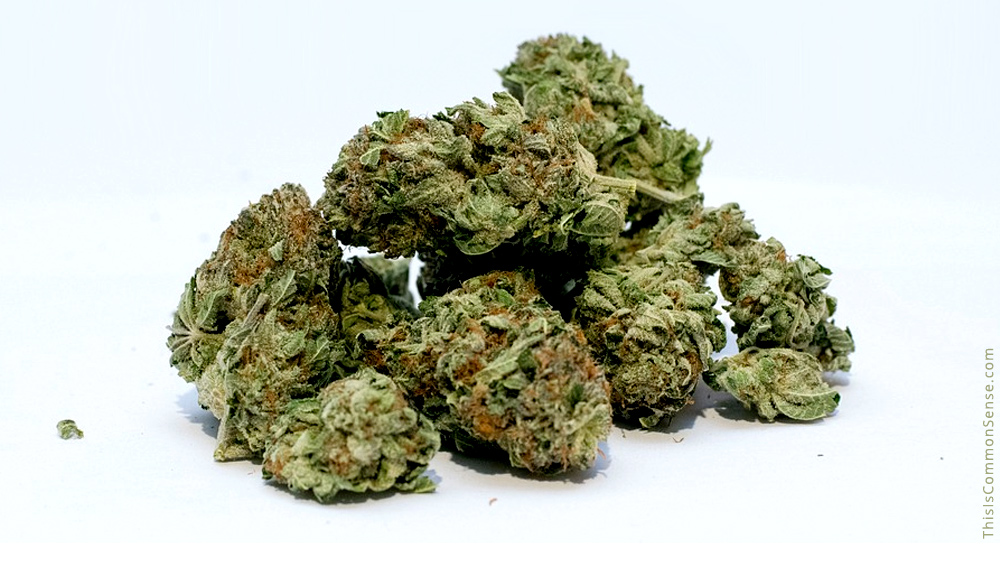Cannabis oil can prevent the seizures of at least some victims of epilepsy. But the hope this medicine provides is too often undercut by fear.
I discussed, a few days ago, the case of 15-year-old David Brill, whose life is in danger because officials forcibly removed him from the care of his parents. His mom and dad had (illegally) let him smoke pot — which stopped his seizures. Now they’re fighting to recover custody of David and save his life.
Somewhat different is the plight of an aspiring football player at Auburn University.
Early in 2017, the would-be safety in question, C.J. Harris, began taking cannabis oil to stop epileptic seizures. He has suffered no seizures in all the months since. And he’s in no legal trouble.
But Auburn University’s football team has rescinded its offer to join the team. Exactly why he won’t be allowed to play is unclear. One would guess it is because of the National Collegiate Athletic Association’s ban on cannabis oil, even if prescribed. But the team’s medical personnel says they’re only concerned about his health given his history and the roughness of football.
Does Auburn apply the same standard to all players who have recovered from major physical setbacks? Or, rather, does the team typically let players return to play as soon as they’re ready and able?
Whatever is keeping him off the field, the factors that should decide the question are being shunted aside.
One, is C.J. Harris healthy enough and skilled enough to play for Auburn?
Two, is C.J. Harris willing to accept the risks involved?
This is Common Sense. I’m Paul Jacob.

